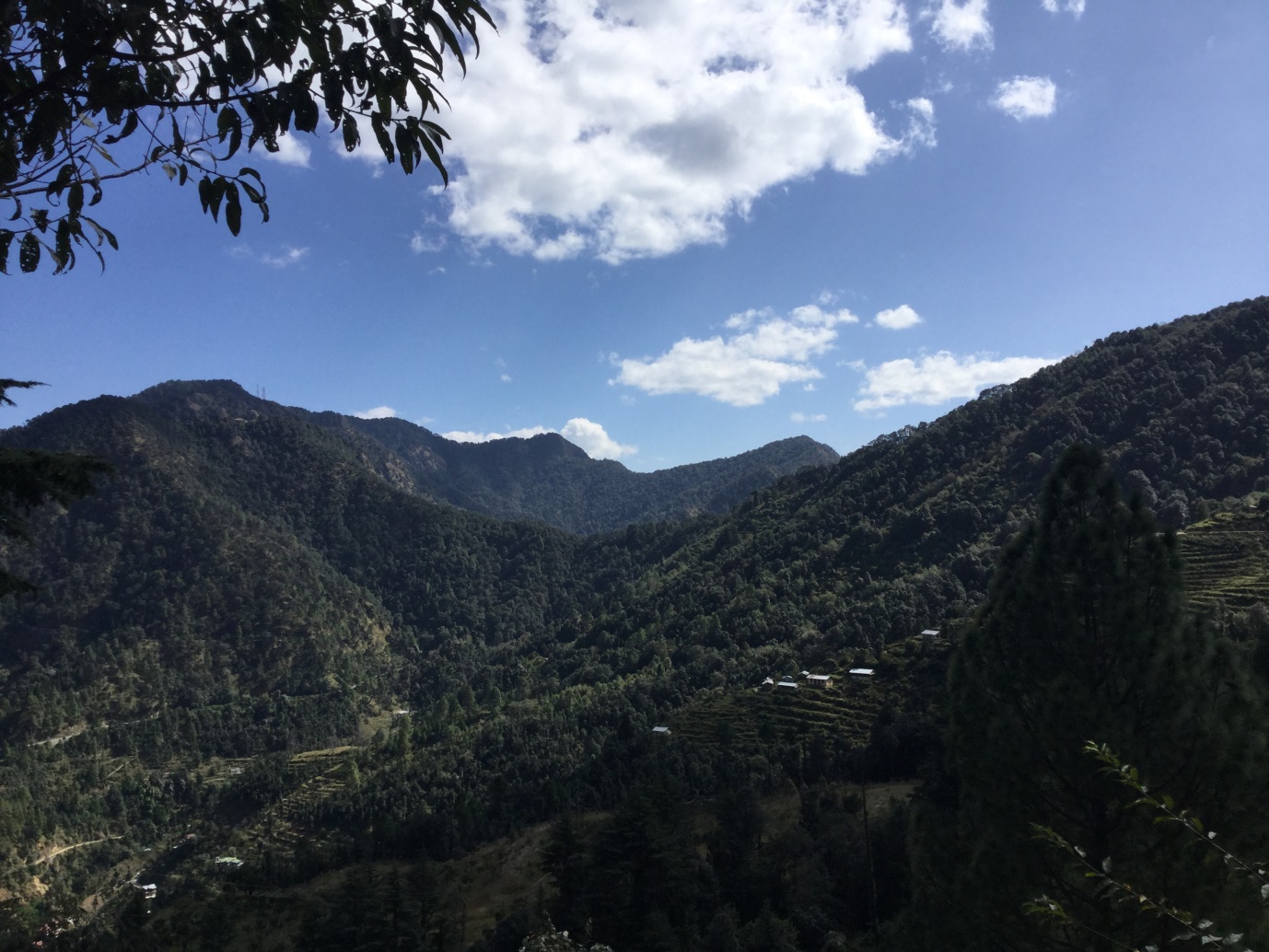“Sindhu in might surpasses all the rivers that flow. His roar is lifted up to heaven above the earth, he with his wealth makes fertile both the worlds.”–Rigveda
In recent weeks disturbing news has been coming in from Sindh in Pakistan regarding the agitations involving farmers, fisher-folk, lawyers, local political leaders and others against a six-canal project being promoted by the Pakistani government , largely with the aim of providing irrigation for corporate farming projects from the waters of the Indus river system. Although a temporary pause of this project has been announced in the middle of rising tensions, serious concerns of people still remain regarding this.
Why the people of Sindh have been agitated is that already the water of the Indus River that is able to reach the lower reach of Sindh has been reduced because of the construction of several large dam projects which were publicized as symbols of development but in reality have ended up inflicting many adverse social and ecological impacts.
One of these adverse impacts is the lower availability of water in several lower reaches of Sindh, increasing the problems of farmers, fisher-folk as well as other sections of people.
In addition there are very serious ecological problems arising due to this, particularly in the delta region, where with low levels of fresh river water reaching the delta and the sea the risk of salt water intrusion from the sea can increase. Several species of fish including the much-loved but threatened pink dolphin, other water-life including species of water-birds are also adversely affected.
All this is on top of other serious problems including those relating to climate change, with relentless increase of sea water erosion increasing threats for village after village. The heavy melting in glaciers today will ultimately deprive rivers of their main source of water tomorrow.
It is against this background that the worrying concerns of the people of Sindh relating to the six canal project should be understood. Although the government has belatedly announced a temporary pause following the protests, there is every possibility that the project may be revived later as powerful interests are known to have a stake in the corporate projects these canals are supposed to irrigate.
Meanwhile, following the horrible attack by terrorists on entirely innocent tourists resulting in the death of 26 persons and injuries to others in Pahalgam in India, there has been a very rapid further deterioration in the already strained relations between India and Pakistan. Both sides have announced hostile steps.
One of these steps announced by India relates to the suspension of the Indus Water Treaty. This in turn has given an opportunity to the lobbyists for dams and related river projects to immediately pitch in for hastily taking forward such projects. Therefore it is important to voice a timely warning that it is folly to take up development projects in a hurry on the basis of hostile feelings. Any big development project, particularly river project, can have several good and bad results and it is important to very carefully consider all aspects in a non-partisan manner, remaining unaffected by the big business construction lobbyists, before taking any decision. All this is particularly relevant in the context of large dam projects in the Himalayan region where adverse ecological and social impacts have to be considered all the more carefully because of existing hazardous and difficult geological conditions, fragile ecology and the sensitivities of people living in border areas.
All this is important not only at the local level for India, but in addition this is also important in a wider context. China is constructing mega dam projects very close to the Indian border which can have very adverse impacts for India and Bangladesh, and a time may come soon when India (with or without support from Bangladesh) will have to raise these issues more widely to protect its safety and other interests. India will be in a much better position to do so if India exercises adequate caution to ensure that only beneficial and safe projects are taken up in its Himalayan region.
Pakistan’s opportunistic and highly unethical instigation of terrorist attacks in India resulting in the death of innocent people, now or in the past, must be strongly condemned, and at a wider level support for terrorist actions by anyone anywhere should be condemned. However this should not lead to a situation in which already endangered river systems, a common heritage of all humanity, are subjected to further harm.
Rivers with their flowing water unite all people and give a message of peace and unity. This is particularly true in the context of the Indus river system which nurtured so many civilizations. The Indus and its tributaries are sacred for the people of India as well as Pakistan as these constitute the common heritage of all of South Asia and indeed of all humanity. It may also be mentioned here that very important mythological links of Hinduism can be traced to several of these rivers flowing now in parts of Pakistan. If the rivers are harmed or if the Indus River delta is threatened, then it is our common loss and we all should be prepared to prevent this loss.
Bharat Dogra is Honorary Convener, Campaign to Save Earth Now. His recent books include Protecting Earth for Children, Earth beyond Borders, Planet in Peril , A Day in 2071 and Man over Machine—The Path to Peace.










